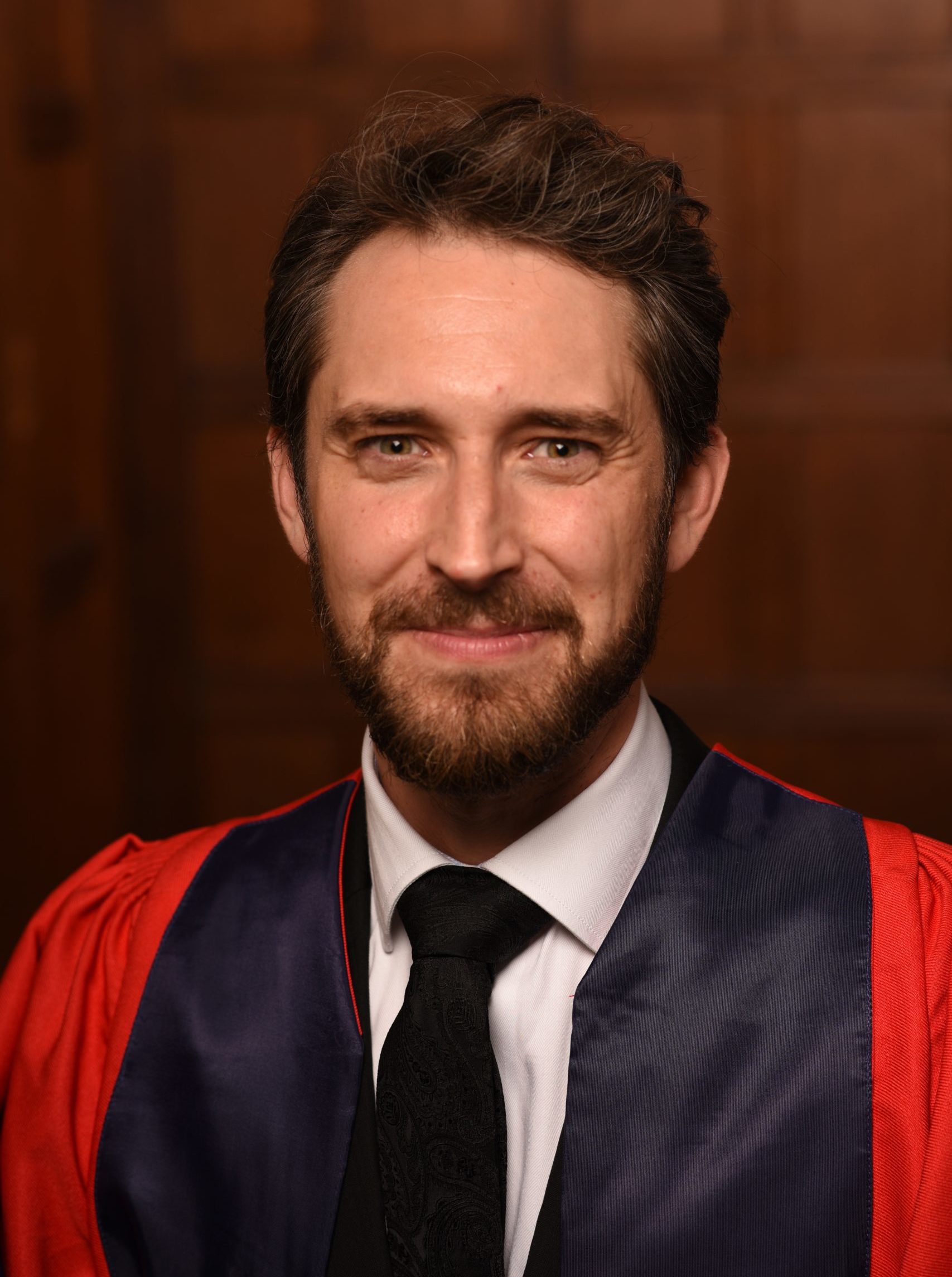Posted:
26 Oct 2021
This week new Trinity Hall Fellow Dr Tristen Naylor will travel to Rome for the G20 – a summit on which so much depends.
When your research lab is the world stage and your subjects are the leaders of Earth’s most powerful nations, conferences like the G20 in Rome are where you’re going to find the material for your next paper.
It’s also where you can speak to the world’s media and their global audience and have an opportunity to explain what is going on amid all the posturing and backroom talks.
The draw of the summit is clear to Dr Tristen Naylor: “Most interesting for me is working with the leaders and their delegations- I’m in an unbelievably privileged position to support their efforts on the world’s stage.”
“And it’s enjoyable: it is a pretty crazy thing to be just sitting at a table and suddenly across from you is the French President with the German Chancellor.”
For Tristen, this year’s conference will be fascinating and the decisions made there will be important beyond measure.
“Is it the most important meeting they’ve ever held? That’s not an easy question to answer. Many think the most important was the first meeting held in the wake of the global financial crisis. But there are three monumental crises the world’s leaders now face: the Covid-19 pandemic, the economic crisis it ushered in, and climate change. All three must be addressed right now. This is an opportunity, perhaps even our last change, to make things less bad than they could be. So, if we just consider the scale of catastrophe that the world is walking towards, I do think this is a contender for the most important meeting.
“This is the last time they are all going to meet in advance of the UN Climate Change Conference in Glasgow, COP26, and I think it will give us our clearest indication of how the COP26 will go.”

Tristen Naylor
Tristen has seen world leaders like Donald Trump and Vladimir Putin interact (or not) on the world stage, setting the tone for international relations in every move they make. For an academic it is fascinating to see actions in the place of theory.
“The academic study of international relations, the discipline, has spent so much time coming up with theories about what makes this or that happen and so often the academic story leaves out individuals. But what I see at summits is that people matter and they make a profound difference in steering the course of history.”
The humanity of these global figures was made even more evident during the pandemic says Tristen: “At the recent G7 in Cornwall it was profoundly human to see these larger-than-life figures just really happy to be with each other and being genuinely grateful to be together. That seems quite trivial but sometimes we lose sight of the fact that, however powerful the leaders might be, they’re nonetheless people, like the rest of us. I don’t think we should forget this, not least because humanising politics is really important.”
If the pandemic revealed their humanity it has also revealed the limits of the G7 and G20. “Unlike the global financial crisis the world has not worked particularly well together. Crises tend to accelerate trends that are already existing: the pandemic has laid bare how we have moved back to a ‘national interest’-driven game rather than a more cooperative global governance scenario where we are all working together to solve common problems collaboratively.
“I don’t think the lack of a coordinated response is a good thing when we look at the kind of challenges the world faces. We’ve seen how much harm nationalist-oriented policies can cause during the pandemic, which is a much smaller challenge compared to the climate crisis.”
This lack of a cohesive approach reflects years of difficulties on the world stage where the G7 went from a group which largely agreed over climate change and neo-liberal economic principles to one where a certain key member suddenly broke ranks.
“When any member, let alone the most powerful member, suddenly goes against an established consensus, as was the case with the former occupant of the White House, the club has had to spend four years protecting itself from one of its own- the opportunity cost of this is enormous.”
Tristen is Staff Fellow in Politics at Trinity Hall, and Assistant Professor of International Politics and History at the University of Cambridge.
He loves going to summits for more than just gathering research – he also gets a chance to explain his work to the world: “I spend a lot of time with the media demystifying what is going on both for them and their audiences. In terms of impact it is the most rewarding working with the media; it gets the research out there and it is one of the few times as an academic where your analysis might go somewhere beyond academic circles. I could write a great academic paper and some people might read it and my mother would be proud but an interview on the BBC will go all over the world (and my mother likes that too).”